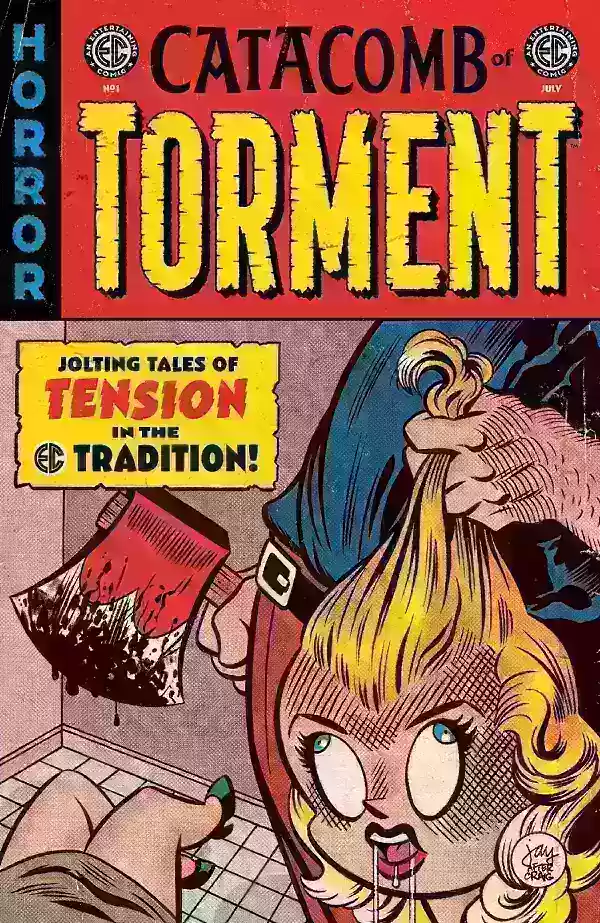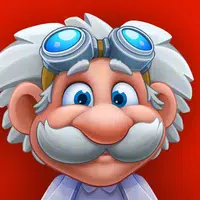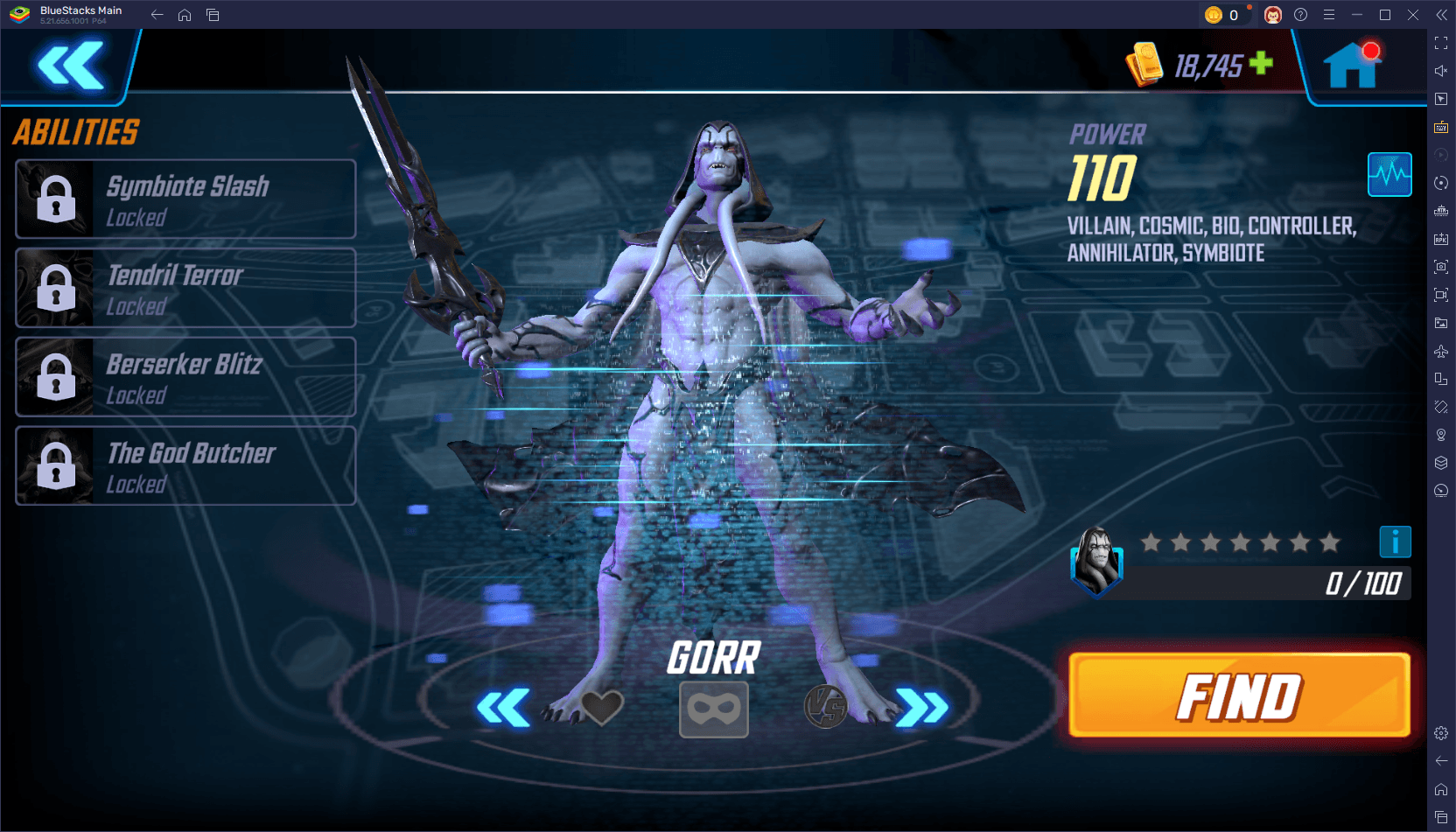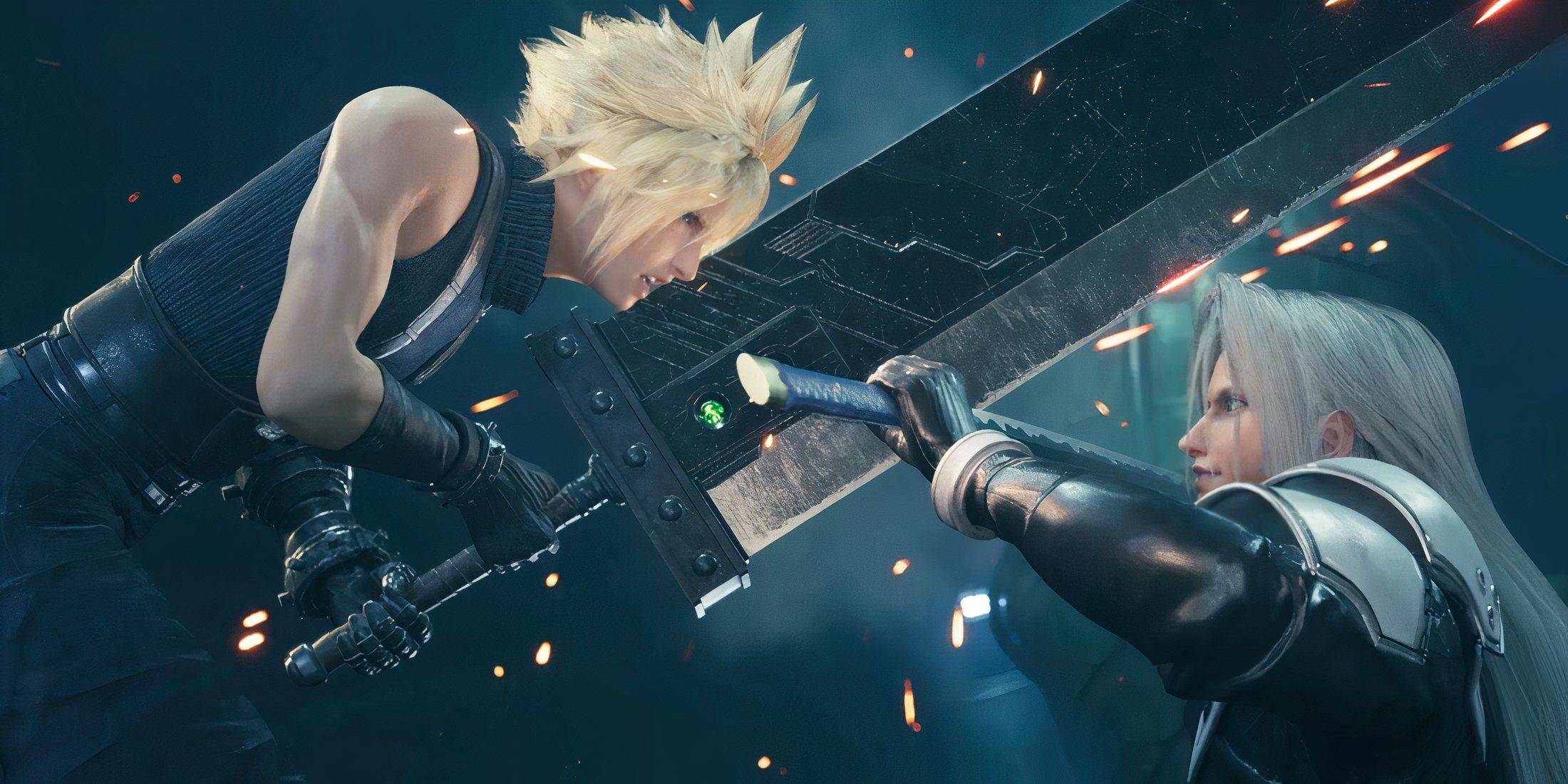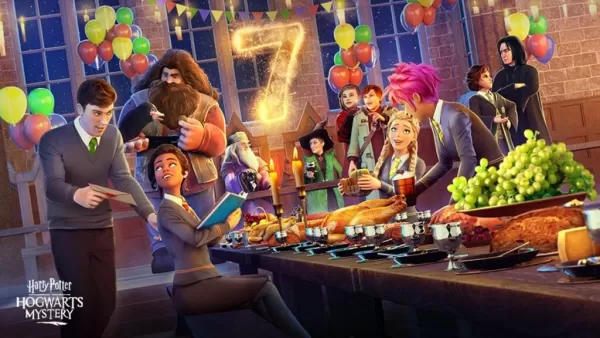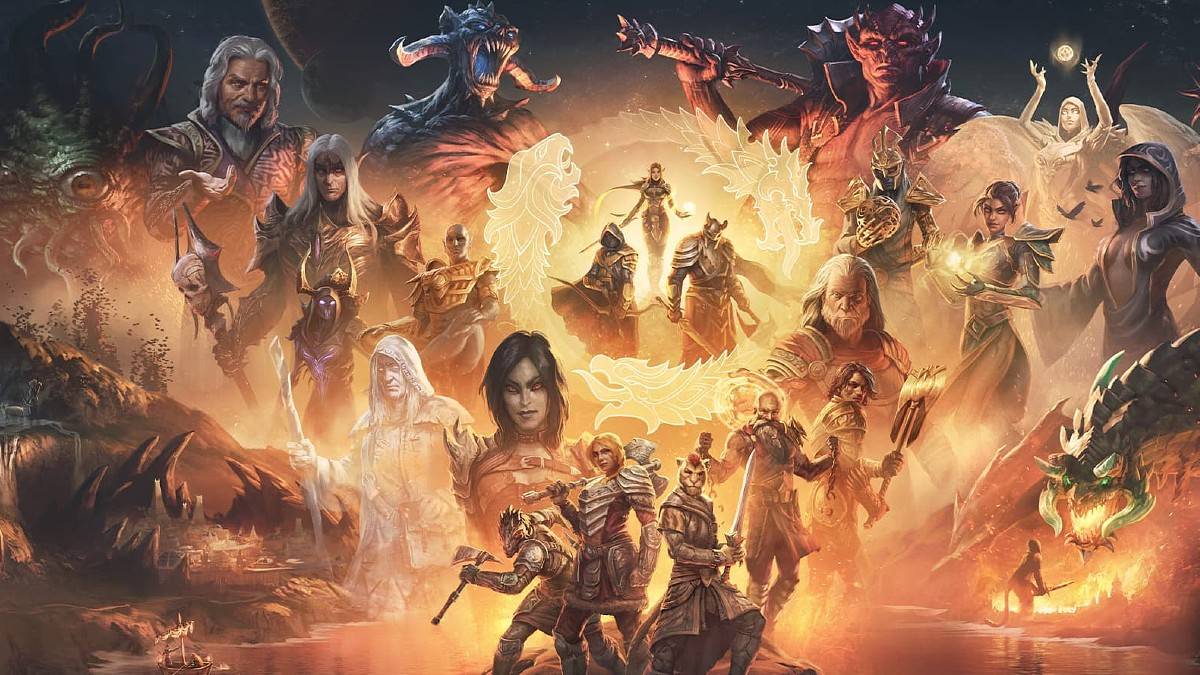The God of War series has been a cornerstone across four generations of PlayStation consoles. Launched in 2005, Kratos' journey from vengeance to becoming the new god of war was unexpected yet captivating. While many long-standing franchises struggle to remain relevant, God of War has thrived through its willingness to evolve. The pivotal 2018 reboot transported Kratos from Ancient Greece to the realm of Norse mythology, revolutionizing both the game's aesthetics and mechanics. Even prior to this acclaimed reboot, Sony Santa Monica introduced subtle yet impactful changes that kept the series alive.
For God of War to maintain its success, reinvention will be crucial. When transitioning to the Norse setting, director Cory Barlog expressed interest in exploring Egyptian and Mayan mythologies. Recent rumors have reignited discussions about an Egyptian setting, which is appealing due to its unique culture and rich mythology. However, a new setting is just the beginning; the series must continue to reinvent itself as effectively as it did with the Norse saga, which built upon the successful elements of the Greek trilogy.
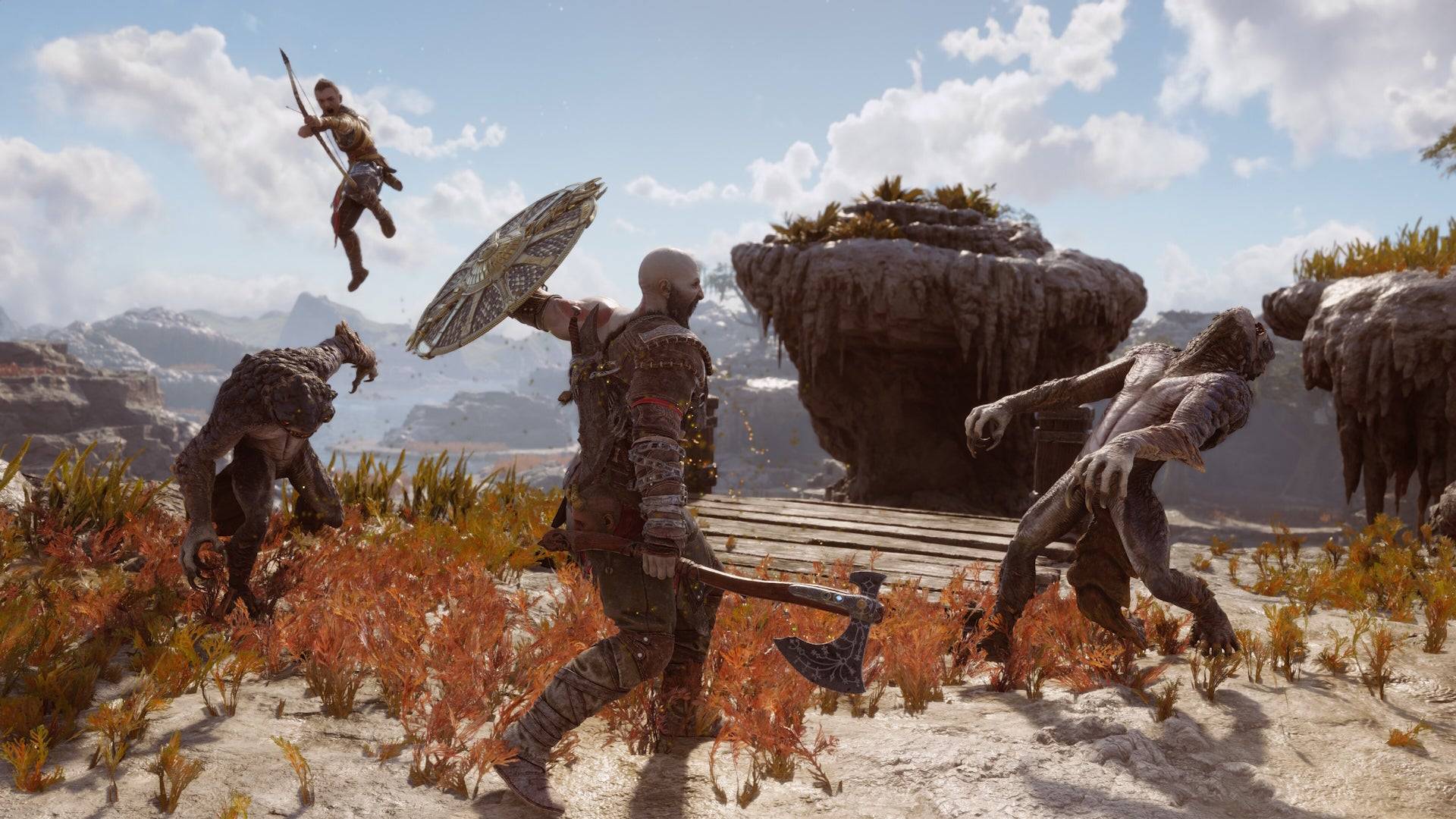
God of War has consistently embraced change with each installment. The original Greek trilogy, spanning a decade, refined its hack-and-slash mechanics, culminating in the polished gameplay of God of War 3. This final chapter, designed for the PlayStation 3, leveraged enhanced hardware for better visuals and dynamic camera angles, complementing Kratos' revamped magic system and diverse enemy encounters.
The 2018 reboot shifted away from some of the original trilogy's core elements. The Greek games featured extensive platforming and puzzle-solving, which were largely removed in the Norse iterations due to changes in camera perspective. The puzzles that remained were adapted to fit the new adventure-focused design.
The roguelike DLC, Valhalla, for God of War Ragnarök, marked a return to the series' roots by reintroducing battle arenas, a beloved feature from the original games. This mechanic was seamlessly integrated into the Norse setting, and the DLC's narrative allowed Kratos to confront his past, completing a full circle in his journey.
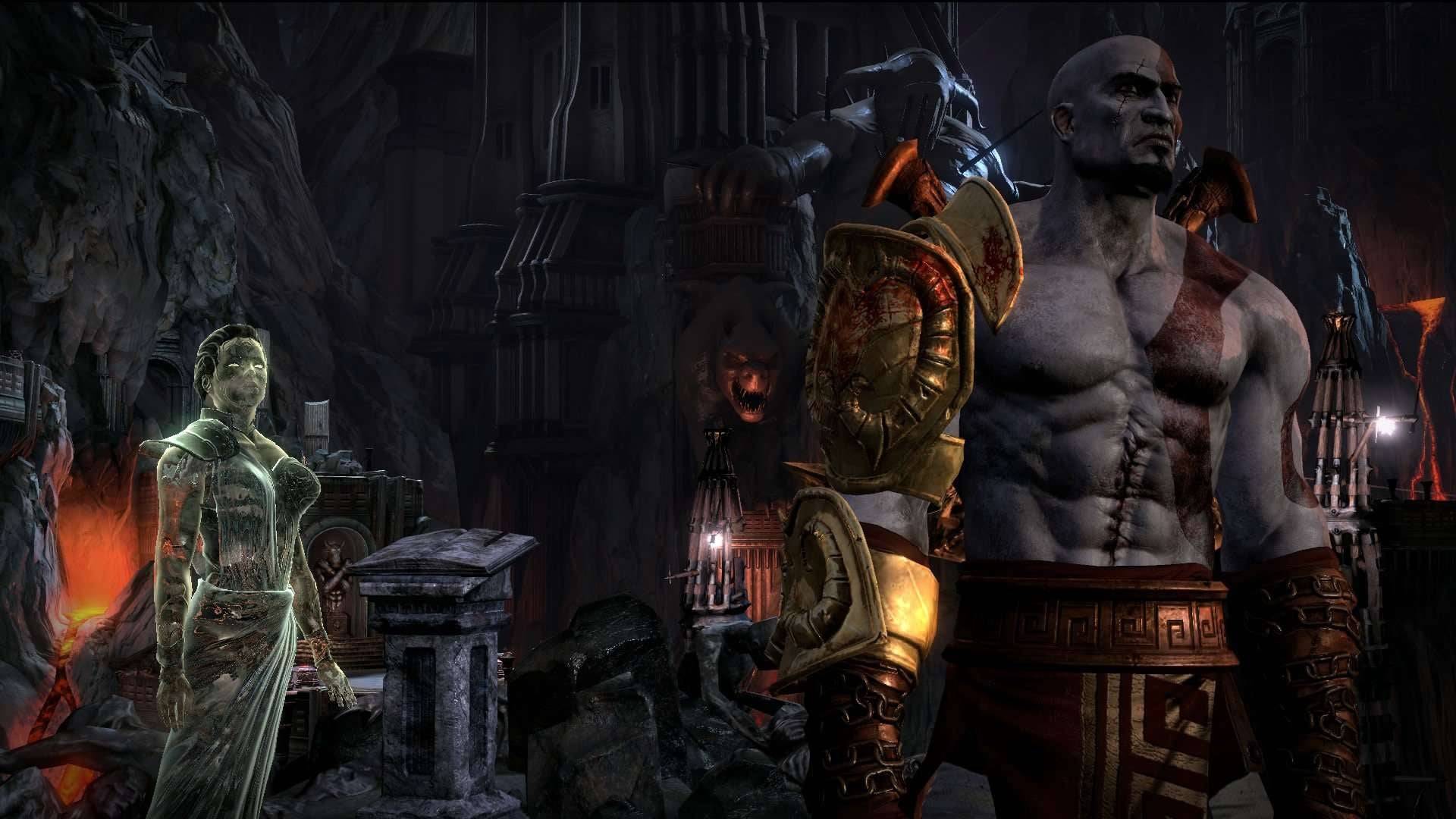
The Norse games introduced numerous innovations, including the Leviathan Axe's unique throwing mechanics, a combat-defining parry system with various shield types, and the magical spear in Ragnarök, enabling a faster, more explosive attack style. These elements enhance exploration across the Nine Realms, each with distinct foes and environments.
The most striking evolution in the Norse duology is the storytelling. It delves deep into Kratos' emotional journey, highlighting his grief and evolving relationship with his son, Atreus. This nuanced narrative contrasts sharply with the original trilogy's more straightforward approach and is a key factor in the Norse era's critical and commercial success.
God of War's success is rooted in its approach to franchise development. The creators view the Norse games not as traditional sequels but as extensions of Kratos' journey, a perspective that should guide future installments.
The experience of Assassin’s Creed, which has frequently changed settings and gameplay styles, serves as a cautionary tale. While profitable, the series has struggled to maintain consistent fan support across generations. The shift to an open-world RPG format with Assassin’s Creed Origins diluted the series' focus on the Assassin’s guild, leading to a loss of narrative cohesion and fan dissatisfaction with the increasing complexity and divergence from its stealth roots. Recent efforts, such as Assassin’s Creed Mirage and the upcoming Shadows, aim to reconnect with the series' original gameplay and setting.
God of War's ability to reinvent itself while preserving its core identity has set it apart. The Norse games built upon the Greek trilogy's intense combat while introducing new elements that enhanced the series. Future iterations, whether set in Egypt or beyond, must continue this approach, focusing on both evolutionary upgrades and maintaining the series' successful elements.
Looking forward, the next God of War will likely be judged on its storytelling, the cornerstone of the Norse duology. Kratos' transformation from a rage-driven warrior to a complex father and leader underscores the importance of narrative in the series' recent success. Any future game must build on this strength while introducing bold changes to define the next era of God of War.




